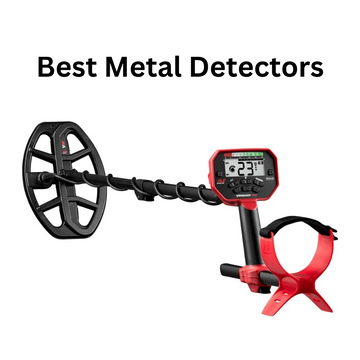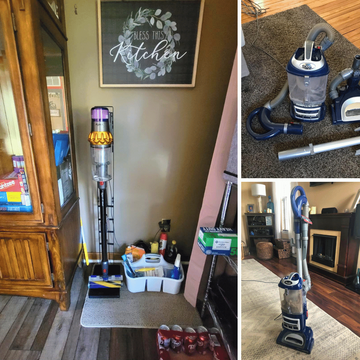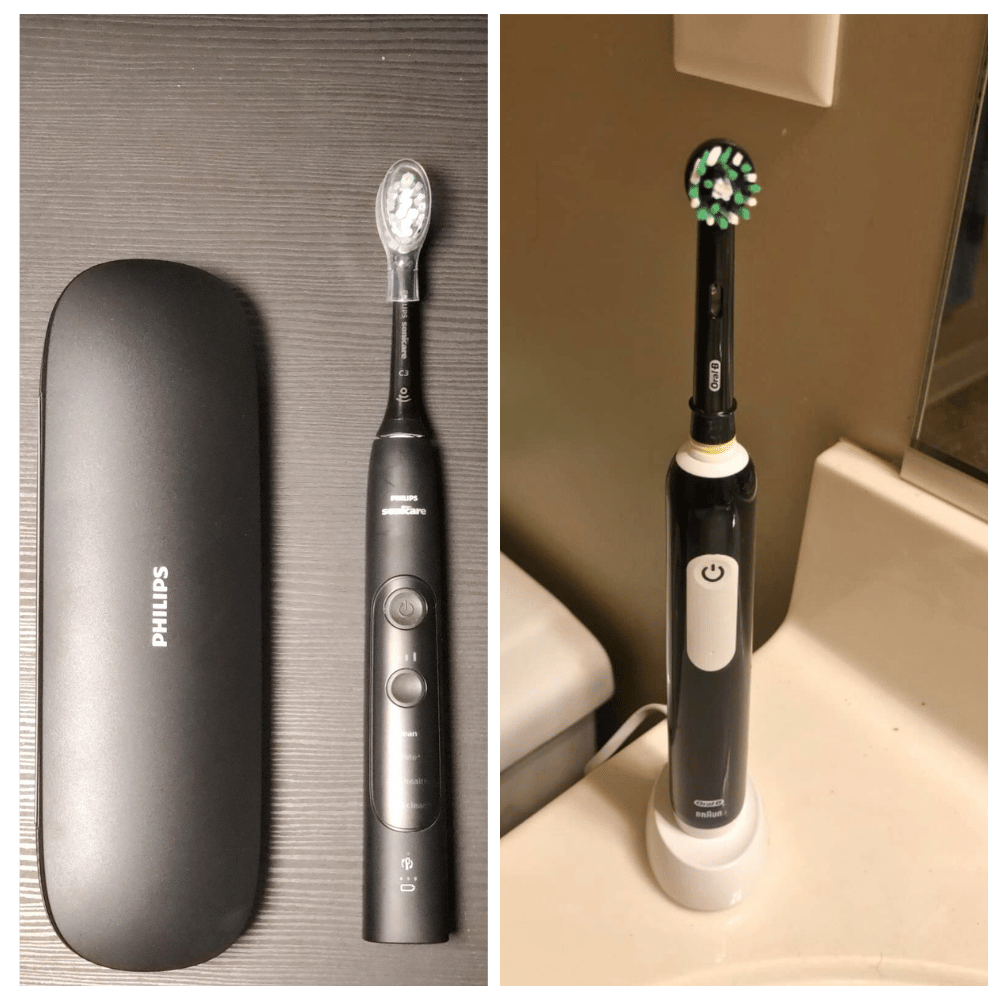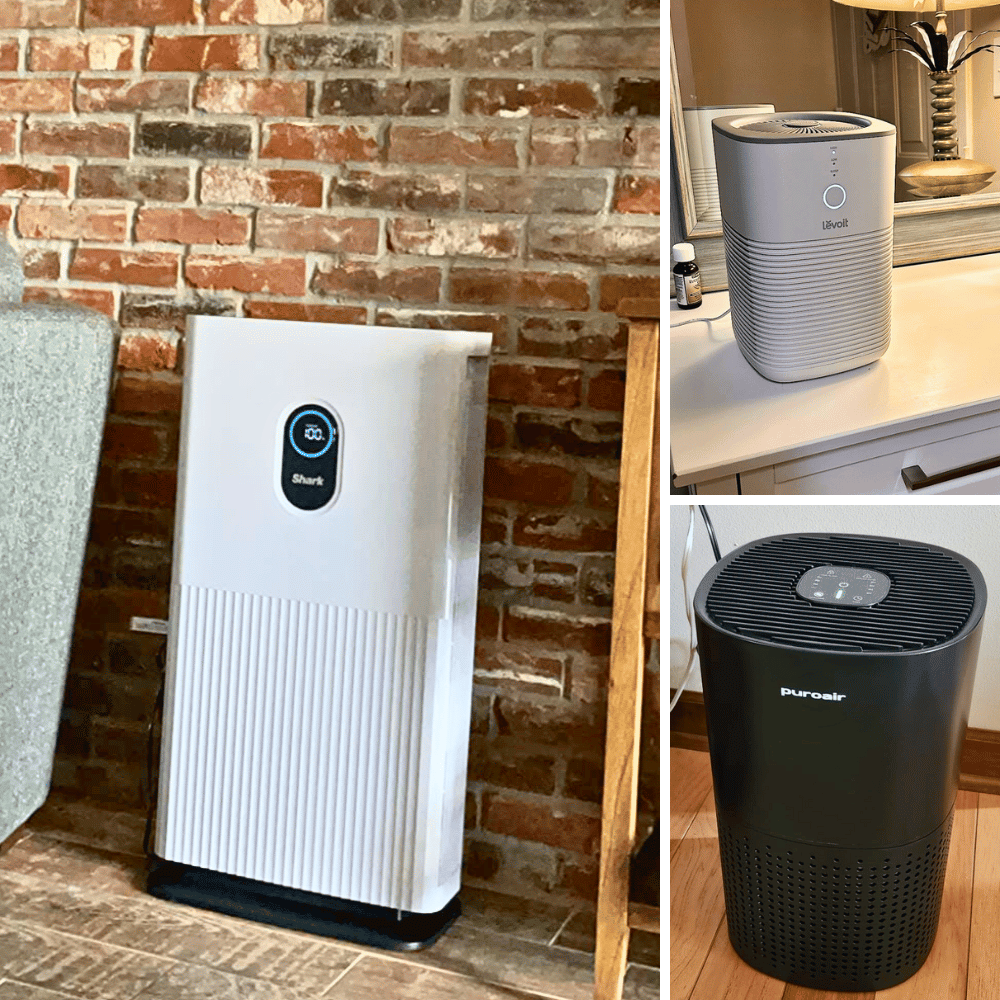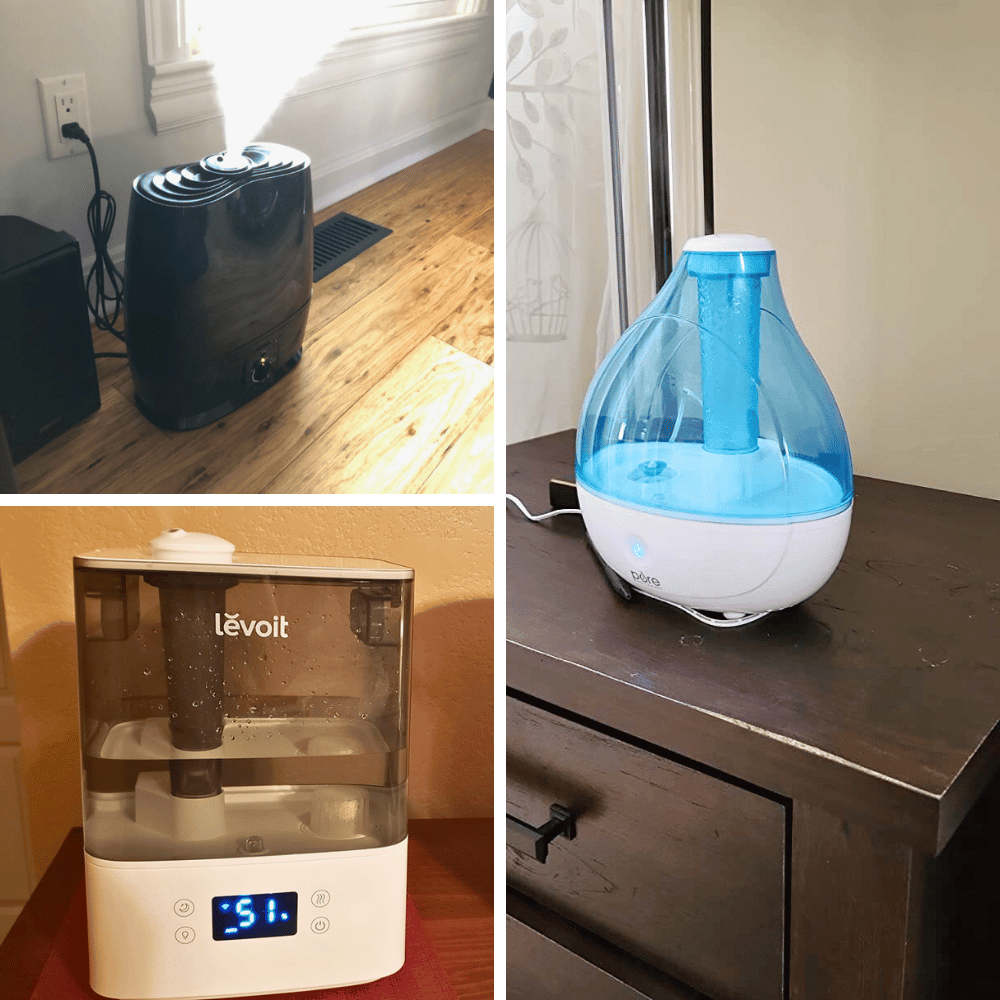Advertiser Disclosure
At TrendsGiant, we conduct thorough research to provide you with honest recommendations that best suit your needs. TrendGiant may collect a share of sales or other compensation from the links on this page. That's how we keep the lights on! Happy shopping, and we hope you find your next big thing!
Become part of the community that relies on TrendsGiant to make savvy buying decisions.
Discover the Best Water Softeners for you with our highly researched reviews and data-driven shopping recommendations. Let us empower you to make informed choices that enhance your lifestyle!
Here are our top picks, carefully selected for you to choose from:

Aquasure Harmony Series (Top Choice - Best Overall )
- Type : Salt
- Flow Rate : 12 Gallons Per Minute
- Hardness Removal : 48,000 Grains
- Bypass Valve : Yes
- Home Size : Up to 5 People
- Price : $


Whirlpool WHESFC Pro Series (Great choice)
- Type : Salt
- Flow Rate : 8 Gallons Per Minute
- Hardness Removal : 120 grains per gallon
- Bypass Valve : Yes
- Home Size : Up to 4 People
- Price : $


PRO+AQUA 16,000 Grain Portable Water Softener (Best bang for the buck)
- Type : Salt
- Flow Rate : Not Indicated
- Hardness Removal : 16,000 Grains
- Bypass Valve : No
- Home Size : Not indicated
- Price : $

Compare Features
| Product Name | Type | Flow Rate | Hardness Removal | Bypass Valve | Home Size |
 Aquasure Harmony Series
Aquasure Harmony Series
|
Salt | 12 Gallons Per Minute | 48,000 Grains | Yes | Up to 5 People |
 Whirlpool WHESFC Pro Series
Whirlpool WHESFC Pro Series
|
Salt | 8 Gallons Per Minute | 120 grains per gallon | Yes | Up to 4 People |
 PRO+AQUA 16,000 Grain Portable Water Softener
PRO+AQUA 16,000 Grain Portable Water Softener
|
Salt | Not Indicated | 16,000 Grains | No | Not indicated |
Not sure which Water Softener to choose?
The Aquasure Harmony Series has the largest grain capacity and flow rate of the three. It also has a digital control head, which makes it easy to program and monitor.
The Whirlpool WHESFC Pro Series is also a whole house water softener, but it has a smaller grain capacity and flow rate. It does not have a digital control head, but it is still a reliable and effective water softener.
The PRO+AQUA 16,000 Grain Portable Water Softener for RV is a portable water softener that is ideal for RVs, boats, and other mobile applications. It has a smaller grain capacity and flow rate than the other two water softeners, but it is still effective at softening water.
Which water softener is right for you depends on your specific needs. If you have a large household with hard water, then the Aquasure Harmony Series is the best option. If you have a smaller household then the Whirlpool WHESFC Pro Series it's a great choice and if you need a portable water softener, the PRO+AQUA it's a great choice.
About Our Rankings
Our recommendations are based on highly researched comparisons of available products in each category. For The Best Water Softener, we focus on what matters most to users and provide clear feature comparisons.
Our rankings could change if we identify other top-performing products and tailor recommendations to our readers' needs.
Buyer's Guide for the Best Water Softener
Let's explore the key factors to consider when selecting the Best Water Softener for your needs:
1. Know Your Water Hardness
Find out how hard your water is. You can do this with a water test kit or by asking your local water provider. Knowing the hardness level helps you choose the right water softener size.
2. Types of Water Softeners
There are two main types:
a. Salt-Based Water Softeners
- How They Work: These use salt to remove hardness minerals (like calcium and magnesium) from your water, replacing them with sodium.
- Best for: Areas with very hard water.
- Maintenance: They need salt and regular upkeep.
b. Salt-Free Water Softeners
- How They Work: These systems don't remove minerals but prevent them from sticking to surfaces using a method called TAC (Template Assisted Crystallization).
- Best for: Areas with moderately hard water.
- Maintenance: They're low maintenance and don't need salt.
3. Capacity Matters
Pick a water softener with enough capacity to handle your household's water use. Capacity is measured in grains and tells you how much hardness the unit can remove before it needs maintenance.
4. Regeneration Cycle
For salt-based softeners, understand how often they regenerate. Some do it automatically based on water use, while others use a timer or manual start. Adjustable settings can save salt and water.
5. Look for Certification
Check if the softener is certified by groups like WQA or NSF. Certification means it meets industry standards for performance and efficiency.
6. Installation and Space
Make sure you have enough space and access to plumbing and drainage for the softener. Some need professional installation, while others can be DIY.
7. Cost Considerations
Think about ongoing costs like salt refills, electricity (if needed), and potential repairs. Salt-based systems have more ongoing expenses.
8. Warranty and Support
Choose a softener from a trusted brand that offers a warranty and has good customer support.
9. Reviews and Recommendations
Read reviews from other users to learn about a softener's performance, reliability, and how satisfied people are with it.
10. Environment-Friendly Options
If you're eco-conscious, consider salt-free systems or models with efficient regeneration settings to reduce environmental impact.
By following these simple steps, you'll find the right water softener for your home, improving your water quality and making your life easier.

FAQS
How much salt should my water softener use?
The amount of salt a water softener uses depends on the hardness of your water and the size of your household. On average, a typical water softener uses about 6-8 lbs of salt per regeneration cycle, but this can vary.
Why does my water still taste off even with my water softener operating correctly?
If your water tastes off, it could be due to several factors. One possibility is that your water contains contaminants that a water softener alone can't remove. Another could be that the softener isn't set up properly.
Why does the soft water feel soft or slick when coming from the shower?
Water feels soft or slick coming out of the shower because water softeners replace calcium and magnesium ions, which make water hard, with sodium ions. Sodium ions don't stick to your skin, leaving it feeling smoother and more slippery.
What's the difference between a water softener and a water filter?
A water softener and a water filter serve different purposes. A water softener is used to reduce the hardness of water, which can cause scale build-up in pipes and appliances, by replacing calcium and magnesium ions with sodium ions. On the other hand, a water filter is used to remove contaminants from water, such as bacteria, viruses, heavy metals, and organic compounds. Some systems combine both functions.
About TrendsGiant
Discover your next big thing from the handpicked list above! We have have chosen each product with care and If you decide to make a purchase , TrendGiant may collect a share of sales or other compensation from the links on this page. (that's how we keep the lights on) Happy shopping, and we hope you find your next big thing!

